Can Iraq’s Fragile Calm Survive the Elections?
For much of his tenure, Prime Minister Mohammed al-Sudani has overseen a rare period of calm in Iraqi politics. This stability has been built on a tenuous consensus among rival political blocs, buoyed by strong oil revenues and a cautious return of investor confidence. But the parliamentary elections on 11 November could unsettle that balance. As alliances shift and competing factions jostle for power and resources, Iraq’s political machinery could once again slow to a crawl, just as the country is beginning to regain its momentum.
What to Expect
Al-Sudani’s electoral list is widely regarded as the frontrunner in the election, yet there is no guarantee he will remain prime minister. The next government will be shaped by bargaining among coalitions of elected blocs, which remain largely divided along sectarian and ethnic lines. Once the Supreme Court ratifies the election results, the process unfolds over several stages: first, the parliament elects a Speaker, followed by the election of a President, who then nominates a Prime Minister-designate to form a cabinet for parliamentary approval.
The largest coalition will naturally hold the strongest hand in the negotiations, but every bloc will seek to expand its influence and secure access to state resources. The Shia Coordination Framework is expected to remain the dominant force. It includes al-Sudani’s Reconstruction and Development Coalition, which presents itself as pragmatic and investment-friendly, advancing an “Iraq First” agenda centred on infrastructure spending and state modernisation. It also encompasses former prime minister Nouri al-Maliki’s State of Law Coalition, a bloc rooted in one of Iraq’s oldest Shia Islamist movements, the Dawa Party, which is known for advocating a strong central government and close control over state institutions. Al-Maliki’s faction retains deep support in the oil-rich southern provinces, where public-sector employment and patronage networks are key to political loyalty.
Beyond the Shia bloc, Kurdish and Sunni groups – among them the KDP, PUK, and Taqqadum – will act as kingmakers, exchanging parliamentary support for budget allocations and regional concessions.
Key Risks to Watch
Although Iraq’s constitution outlines a timeline of no more than two and a half to three months to form a government, the process is almost certain to take longer – the last formation, in 2021–22, took over a year. Prolonged negotiations raise the risk of political stalemate, delaying budget approval and policy decisions, and potentially eroding the relative stability achieved under al-Sudani’s tenure.
History shows that extended stalemates can spill over into unrest. When factions feel excluded from power, tensions rise – sometimes leading to street protests or targeted outbreaks of violence. While few expect a return to large-scale internal conflict, prolonged uncertainty could strain security forces and sap confidence from businesses waiting for clear signals from Baghdad.
Another variable is voter turnout, which has steadily declined since 2018 and is expected to fall further this year. Low participation would weaken the perceived legitimacy of the post-war political order, deepening public cynicism about elections as vehicles for change. A weak mandate for the next government could also limit its capacity to pursue meaningful reform, leaving space for populist movements and street mobilisation to emerge as they did in 2019.
Despite these challenges, most major players have reasons to maintain calm. The Coordination Framework’s dominance, high oil prices, and widespread conflict fatigue all point to a continued, if uneasy, stability. A likelier scenario is not chaos but gridlock: a caretaker government cautious with spending and hesitant to approve new projects until the political dust settles. For investors, that would mean a slower pace of business in the near term, but not necessarily a return to the volatility of the past.
How We Can Help
For any investor, Iraq represents a challenging business environment, where new economic upsides intersect with longstanding integrity, political and security risks.
Our team has decades of combined experience advising clients on how to navigate these challenges and opportunities. We integrate granular, real-time human intelligence with access to hard-to-get public records and a nuanced understanding of the country’s political, security, and business dynamics – enabling us to deliver forward-looking analysis, tailored risk assessments, and actionable insights.

